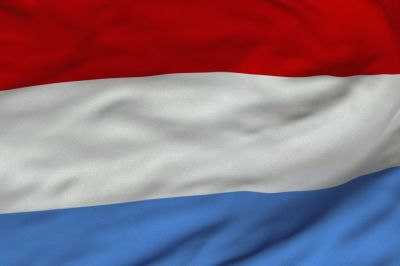Area (km2): 41 526
Population (mln): 16,66
Official language/s: Dutch, Frisian
Internet TLD: .nl
Calling code: +31
Member of the EU from: 25th March 1957
Unemployment rate Sep 2011 (%): 4,5
Unemployment rate under 25 years Sep 2011 (%): 8,0
Unemployment rate Sep 2012 (%): 5.4
Unemployment rate under 25 years Sep 2012 (%): 9.7
Population statistics 20-29 age group 2011 (%): 12,1
Country codes in education system: NL
Expected duration of education (years): 35,8
Higher education in the Netherlands is provided by three types of institution.
- Government-funded institutions receive funding from the Ministry
of Education, Culture and Science or the Ministry of Economic Affairs,
Agriculture and Innovation, and charge their students
government-approved fees. There are 36 higher professional education
institutions and 14 universities, including the Open University.
- ‘Legal entities providing higher education’ are covered by the
terms of the Higher Education and Research Act but are not funded by the
Ministry of Education, Culture and Science. They are free to decide on
their own fees and admissions policy, although students must be in
possession of a HAVO, MBO or VWO certificate. Students at these
institutions are eligible for student support. Like government-funded
institutions, legal entities providing higher education award bachelor’s
and/or master’s degrees for courses that are accredited. A small number
of these institutions (primarily for faith-based higher education) do
receive funding. Many of the provisions of the Higher Education and
Research Act do not apply to legal entities providing higher education.
- Private-sector institutions are not covered by the Higher
Education and Research Act. They include foreign universities and
business schools to which Dutch government regulations do not apply.
Higher professional education
Higher professional education is provided at ‘hogescholen’
(institutions of higher professional education) and is for students aged
around 17 and over. HBO institutions generally offer courses in several
different fields.
The average size of HBO institutions is
constantly increasing as a result not only of mergers but also of rising
student numbers. There are 36 government-funded higher professional
education institutions. In addition, there are about 60 legal entities
providing higher professional education.
In addition to the
range of initial courses of higher professional education, there are
also a small number of advanced courses, most of which have been
upgraded to master’s degree courses. These include art courses, courses
in architecture, and teacher training courses in special education or
leading to a grade 1 qualification in general subjects. These are open
to students who have already completed a higher education programme.
University education
Degree courses are provided at 14 universities, including the Open
University. Three universities – the universities of technology in Delft
(TUD), Eindhoven (TUE) and Twente (UT) – focus predominantly on
engineering and technology. Besides the 14 universities, there are a
number of approved institutions, including six offering theological
courses, one offering a degree course in humanism, and Nyenrode Business
University.
source:
Eurypedia - The European Encyclopedia on National Education Systems
http://eacea.ec.europa.eu/education/eurydice/eurypedia_en.php
